Feminism in a Men's Bar? Journalist and Novelist Anthony Pignataro on His New Novel, The B Girls
And a second new book by Anthony: Remembering Lahaina: What I Learned About Tourism, the ‘Āina, and Myself During Twelve Years on Maui
“I talked with many women who work at bars before I wrote a word of [The B Girls]. In fact, my first idea was that B Girls would be a nonfiction book, but that notion disappeared when I realized that many of the women I interviewed had never told their families what they did. One of them even used a fake name at work, for another layer of protection.”
- Anthony Pignataro
Longtime journalist and fiction writer Anthony Pignataro has set his poignant and propulsive new novel, The B Girls, in the fluorescent-lit underbelly of Southern California’s service industry. The B Girls follows Sarah, who, desperate for work after the law firm where she works as a paralegal goes out of business, takes a job slinging drinks at the Back Lot, a bikini bar in Orange County.
At 45, she’s surprised and grateful to have landed the job but soon realizes she’s living the glamourless life instead of the version Sheila E. sang about in the 1980s. Surrounded by a slew of younger coworkers—each carrying her own burden of trauma, ambition, and disillusionment—Sarah becomes an anchor and a helpmate for her fellow Back Lot employees.
The B Girls is far more than a workplace drama: it’s a wise, emotionally affecting story that takes on the indignities of gendered labor in a culture that relentlessly commodifies youth and sex appeal.
I corresponded with Anthony earlier this summer about The B Girls, and a second new book he recently published, Remembering Lahaina: What I Learned About Tourism, the ‘Āina, and Myself During Twelve Years on Maui, essays based on his dozen years as a resident of Lahaina, where he edited MauiTime.
Christine/Bookish: Sarah, The B Girls' protagonist, is vivid and complex, as are the women she works with at the Back Lot. Did any of them particularly surprise you as you wrote this novel?
Anthony Pignataro: For the most part, I had a handle on all of the characters prior to writing, with one big exception: Summer. She’s a wild card in the story, troubled and troubling, and she’s the only character who scared me. I really wanted to get her personality and actions nailed because she is one of the only people in the story (along with Sarah) who’s vital to all the other characters.
I remember that after I wrote a chapter involving her and Claudia, I had to get up and walk around. She went down paths even I wasn’t prepared for when I started writing. It was kind of an electric feeling, though chilling too because Summer is a lot.
CS: What was the inspiration for this novel? (My guess is the political upheaval of the last decade, perhaps especially Me Too coming to the fore in 2017 and the 2016 presidential election, were key factors.)
AP: All of that, plus more local events like the failed Medieval Times strike in Orange County a couple years ago. A bunch of actors there unionized to secure better wages and safer working conditions. Though their strike lasted a few months, it ultimately collapsed.
But entertainment industry work is work, just like service industry work is work, though I think many people don’t consider all that to be “real work” as understood in American labor history. Bikini bartenders are part of both the entertainment industry and service industry, with the added wrinkle that their customer base is like 99% straight men. And gender politics are everything right now, with endless attacks from the federal government on abortion, healthcare and civil rights.
CS: It's not that male writers don't write female POV characters (Jim Harrison, for example, wrote several books with female POV characters, the most well-known The Woman Lit by Fireflies and Dalva), but I'm curious whether you've written from the female POV in your previous books. What challenges did you encounter, if any, in not writing from the male POV?
AP: My previous novels were all written solely from the main character’s POV, so this was definitely new to me. But when I was thinking about the story, I wanted to write it only from the bartenders’ points of view, because I wanted the reader to stand next to them at all times while they were trying to work and relax and process everything around them. It was different at first but women are people, which was basically one of the points of the story.
CS: You’ve worked for many years as a journalist both in Maui and the Los Angeles area, and you've published three Maui-based thrillers featuring protagonist Charley Ridgway. How did your background in journalism and as a thriller writer influence the writing of The B Girls?
AP: I talked with many women who work at bars like this before I wrote a word of the novel. In fact, my first idea was that B Girls would be a nonfiction book, but that notion disappeared when I realized that many of the women I interviewed had never told their families what they did. One of them even used a fake name at work, for another layer of protection.
I didn’t want my book to harm these women. It was clear I would have to obscure a lot of details about them, but the more I had to do that, the less non-fiction the book was, and the less compelling it would be to the reader. So I decided that in this case, it was best to fictionalize everything while staying true to the underlying themes and ideas about their lives.
CS: You also recently published Remembering Lahaina: What I Learned About Tourism, the ‘Āina, and Myself During Twelve Years on Maui. Please include a short synopsis for this collection.
Remembering Lahaina is a collection of essays that serve as a kind of memoir of what I learned during my dozen years as editor of a small weekly paper on Maui, and how what I learned helps explain the conditions that led to the tragic 2023 wildfire that destroyed the town of Lahaina. It’s published by the nonprofit North Beach-West Maui Benefit Fund and distributed by UH Press.
Proceeds from the book go back to the Benefit Fund, which does wonderful legal work for West Maui residents concerned about over-development, and it also regularly publishes books about West Maui politics, history and society.
CS: Why should people read The B Girls?
AP: Every bikini bartender I talked to smiled when I told her I was working on this book. What they deal with, and how they deal with it, when trying to earn a living by making men happy are subjects most of us know little about. For them, feminism isn’t a philosophy or an explanation of events — it’s reality. Every day they go to work and navigate power dynamics that are deliberately designed to keep them from organizing, from exerting control over their labor. That’s the U.S. right now, and I don’t see it getting better anytime soon.
CS: What are you working on now?
AP: I just started planning out a play. I’ve written one-acts in the past, but got an idea recently that would work best as a two-act play. It will be set in Southern California in the mid-1990s
The B Girls’ dedication page:
Screenshot from The B Girls’ opening chapter:
📗




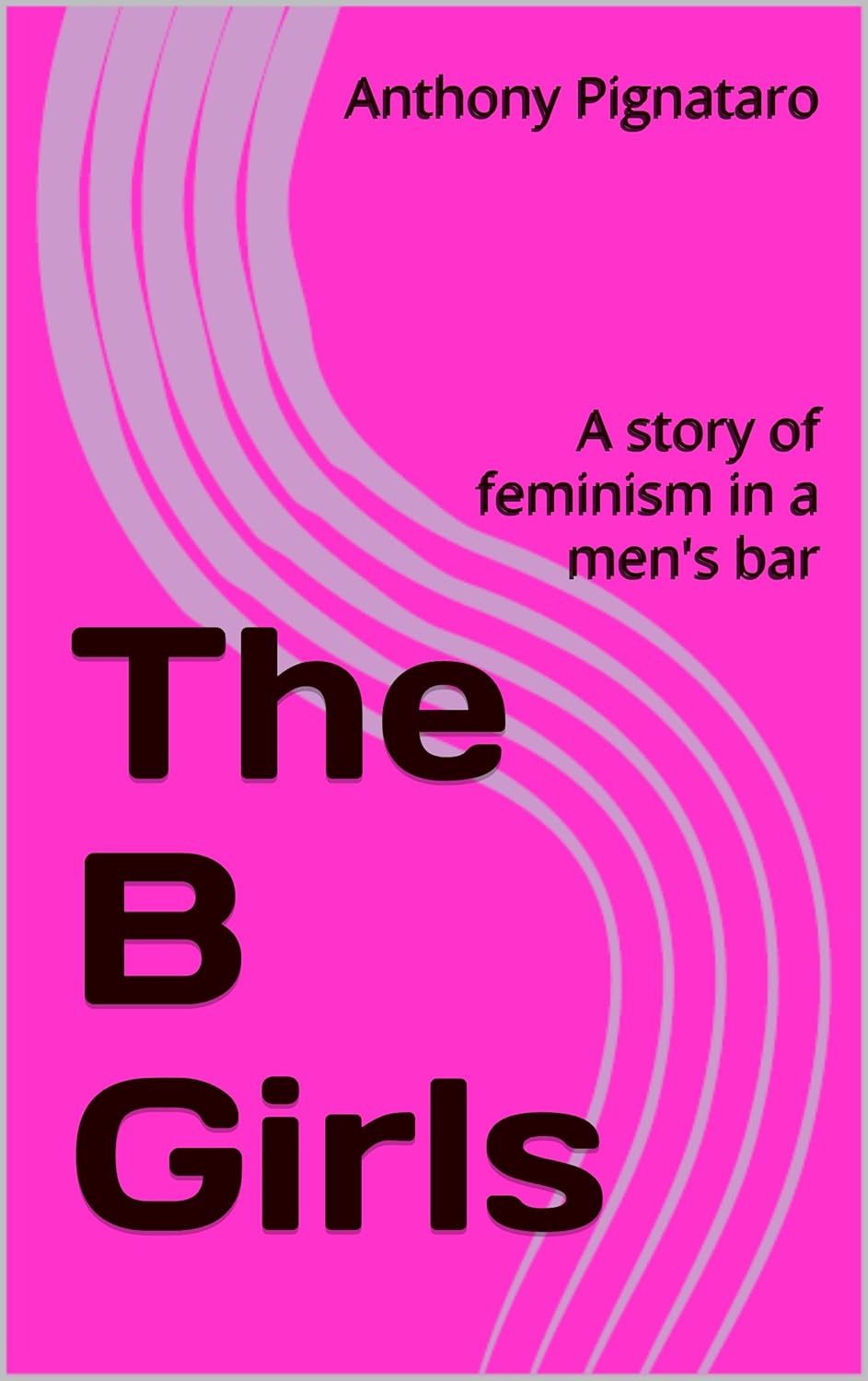
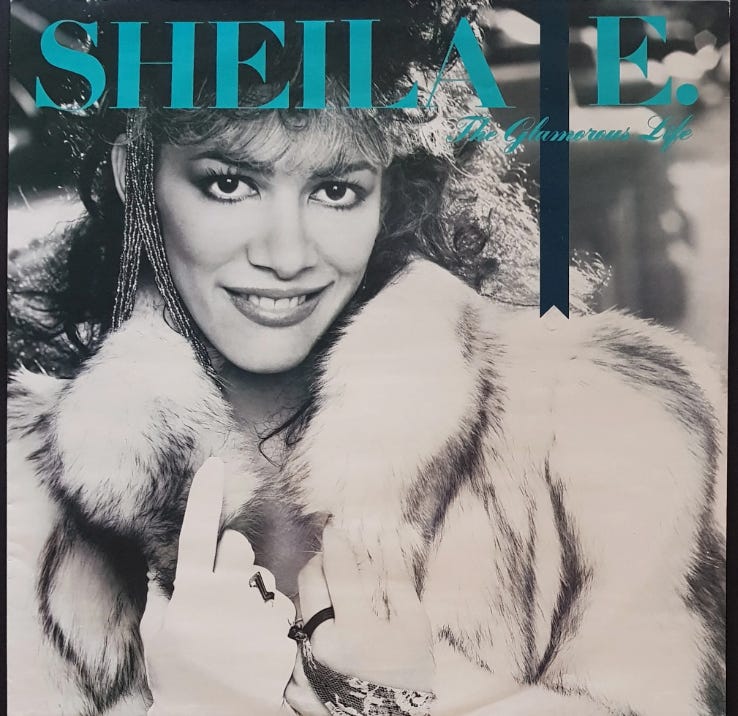
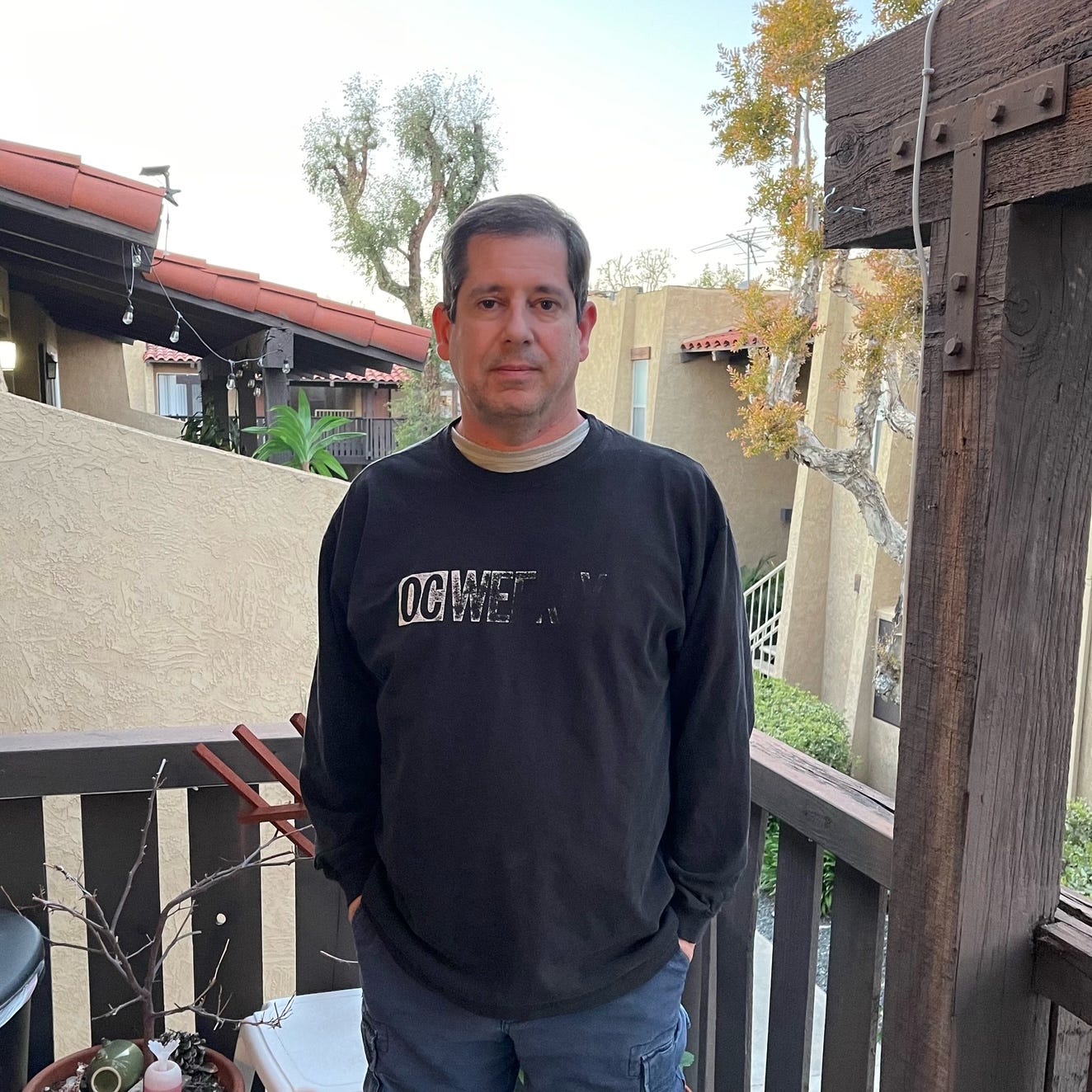
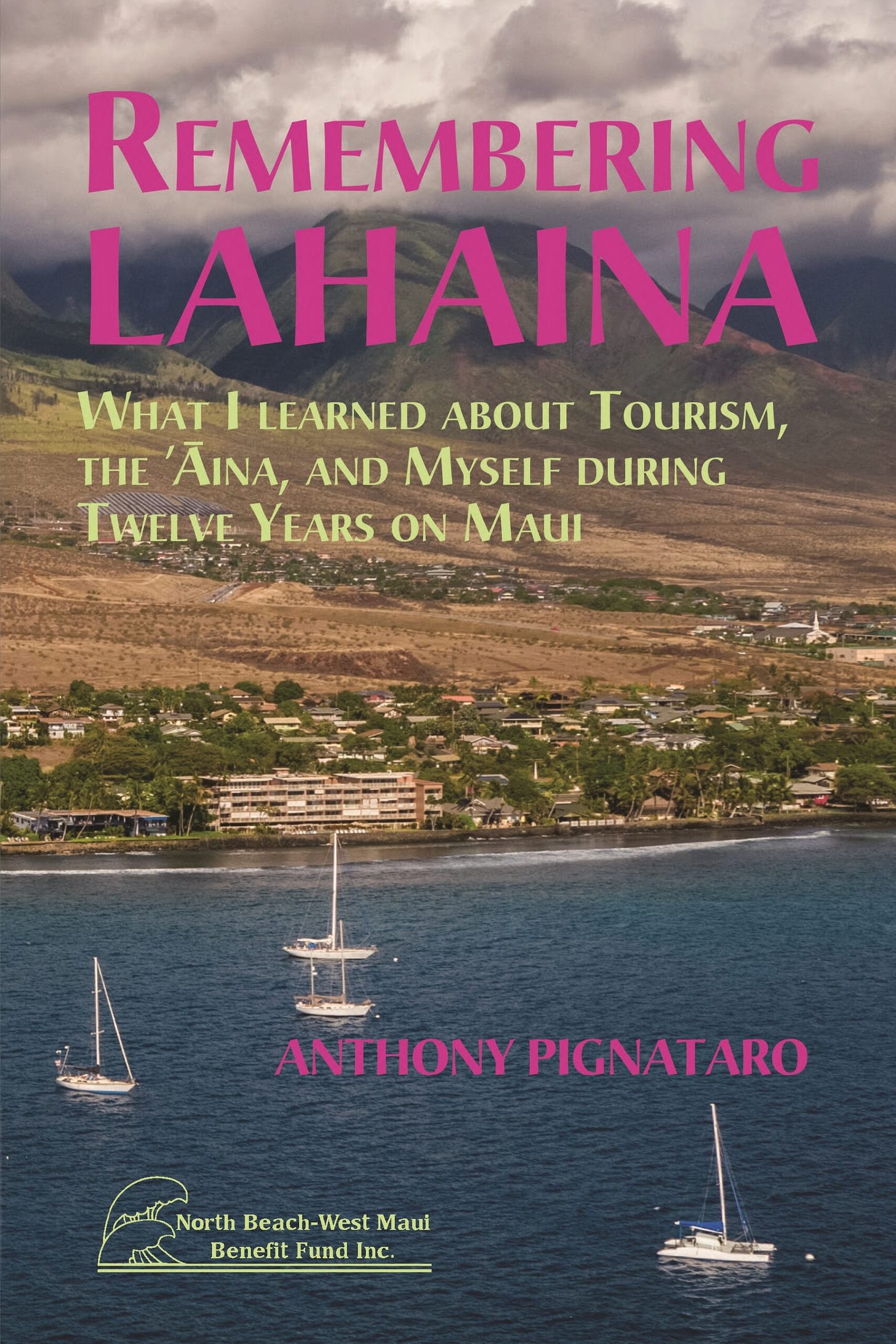

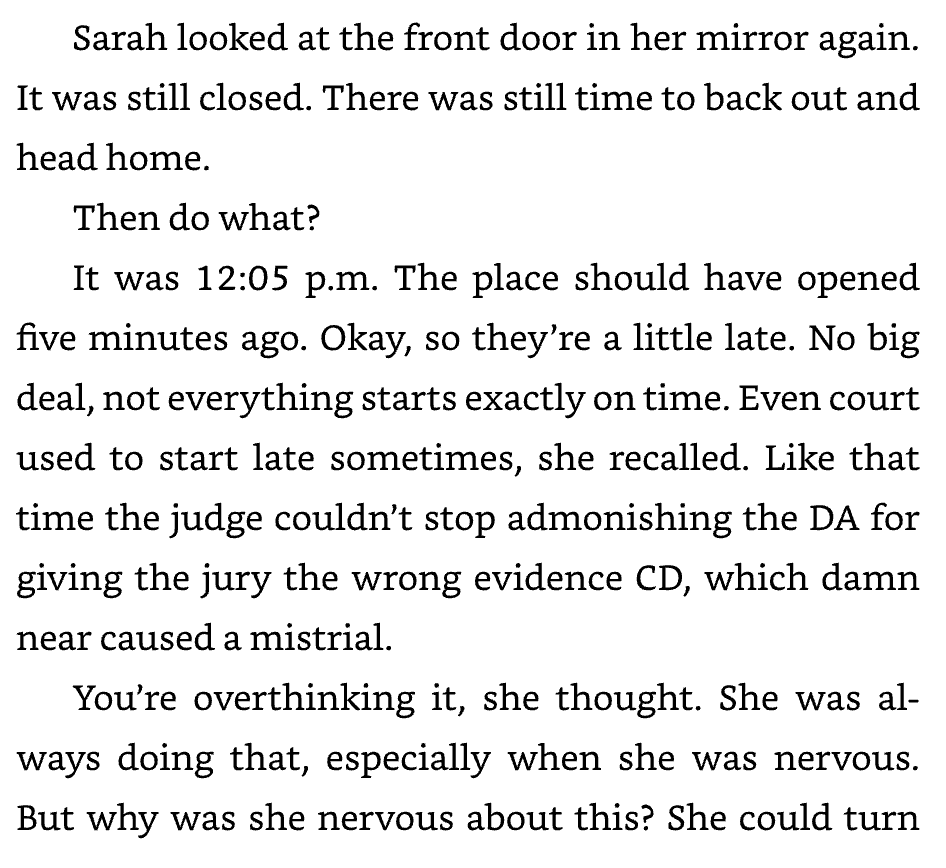
How do you like my novel A Million Miles From Yesterday?